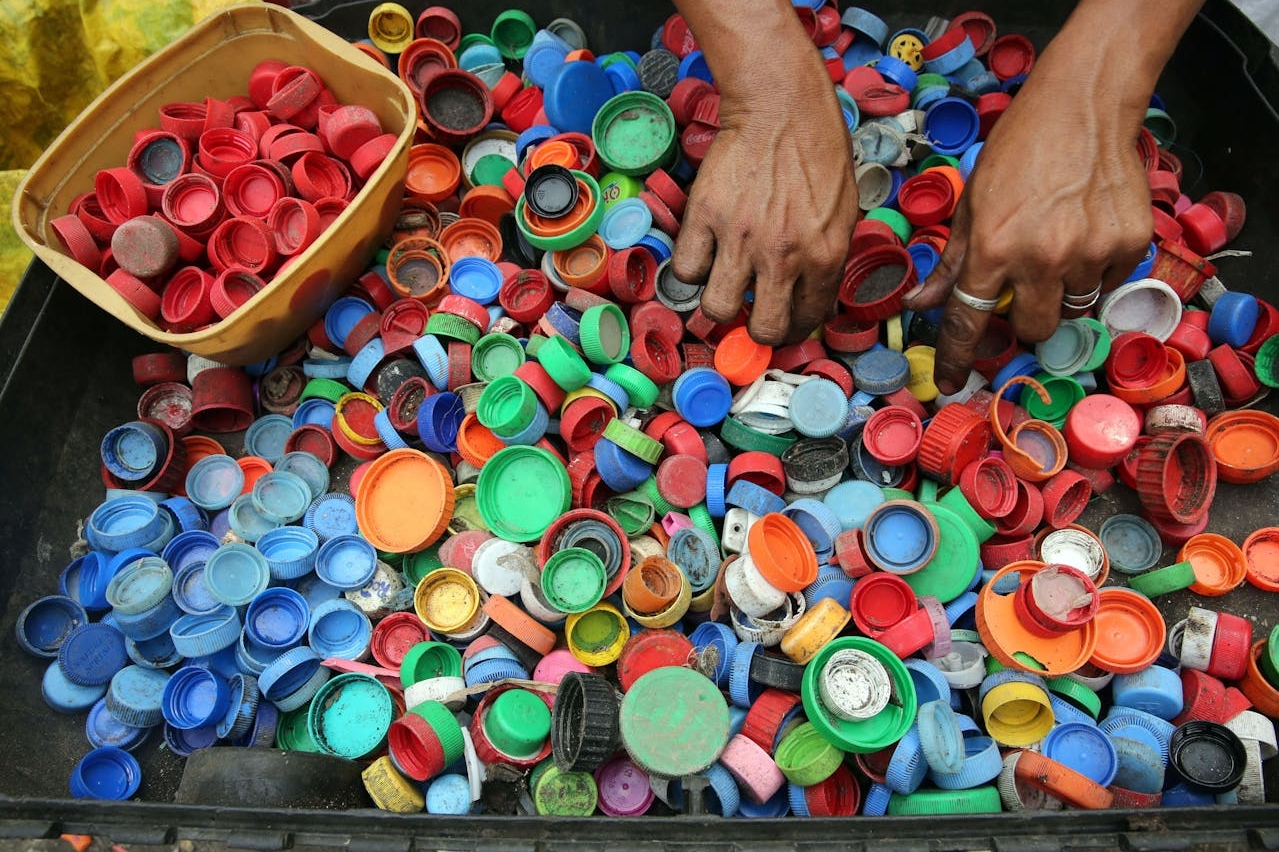Welcome to the Veritas Sourcing blog, where we tackle the intricacies of international sourcing and provide valuable insights to help businesses navigate the complexities of global trade. In today’s post, we’ll be delving into the world of Indian customs and regulations—the often-overlooked aspect of sourcing that can make or break a successful transaction. Join us as we crack the code and uncover the key considerations for navigating Indian customs and regulations with confidence.
1. Understanding Indian Customs Procedures
Navigating Indian customs procedures can be daunting for businesses unfamiliar with the intricacies of the Indian market. From import duties and tariffs to documentation requirements and customs clearance processes, there are numerous factors to consider when importing goods into India. Understanding the various customs procedures and requirements is essential for ensuring smooth and hassle-free imports.
2. Tariffs and Duties: Managing Import Costs
Import duties and tariffs can significantly impact the cost of sourcing products from India. It’s crucial for businesses to carefully assess the tariff rates applicable to their products and factor these costs into their sourcing strategy. Working with experienced customs brokers and consultants can help businesses navigate the complex tariff landscape and identify opportunities to minimize import costs.
3. Documentation and Compliance
Compliance with Indian customs regulations requires meticulous attention to detail and accurate documentation. From commercial invoices and packing lists to certificates of origin and import licenses, ensuring the proper documentation is essential for avoiding delays and penalties at customs. Businesses should familiarize themselves with the required documentation for their specific products and work closely with their suppliers to ensure compliance.
4. Product Standards and Regulations
In addition to customs procedures, businesses sourcing products from India must also comply with Indian product standards and regulations. Whether it’s safety standards, labeling requirements, or product certifications, understanding and adhering to Indian regulations is critical for ensuring product compliance and market access. Conducting thorough due diligence and engaging with regulatory experts can help businesses navigate the complex landscape of Indian product regulations.
5. Partnering with Experts
Given the complexity of Indian customs and regulations, many businesses choose to partner with experienced sourcing companies like Veritas Sourcing to navigate the process effectively. With in-depth knowledge of Indian customs procedures, regulations, and market dynamics, sourcing experts can provide invaluable guidance and support to businesses looking to source products from India. By leveraging the expertise of sourcing professionals, businesses can streamline the sourcing process, minimize risks, and optimize their sourcing strategy for success.
Conclusion
Navigating Indian customs and regulations is a crucial aspect of sourcing products from India. By understanding the various customs procedures, managing import costs, ensuring compliance with documentation and regulations, and partnering with experienced sourcing experts, businesses can navigate the complexities of Indian customs with confidence and unlock the vast potential of the Indian market. At Veritas Sourcing, we’re committed to helping businesses navigate the sourcing process and overcome the challenges of international trade. Join us on our journey as we continue to crack the code and empower businesses to succeed in the global marketplace.




